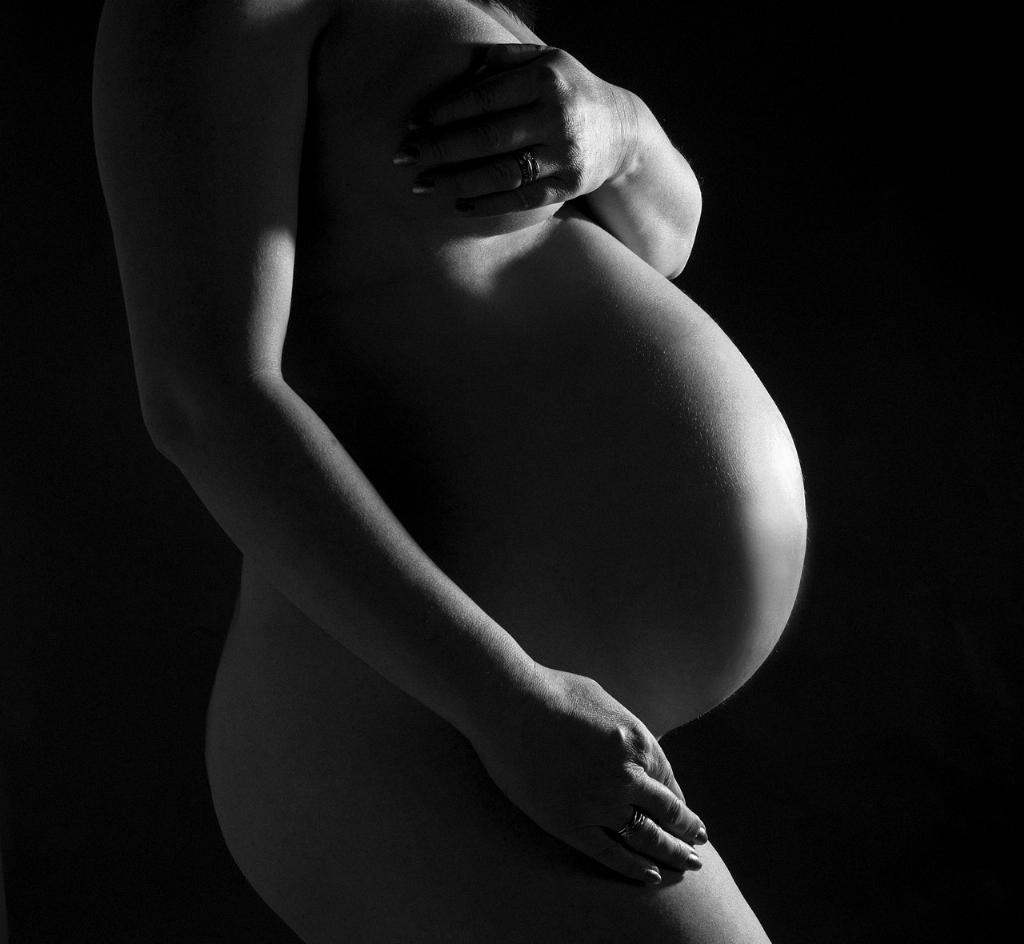When it comes to pregnancy nutrition, the amount of protein a pregnant woman needs per day is a crucial aspect to consider. Experts recommend a daily intake of 75 to 100 grams of protein during pregnancy. This macronutrient plays a vital role in supporting the growth of fetal tissue, including the development of the baby’s brain.
Importance of Protein in Pregnancy
Protein is often referred to as the building blocks of life for a reason. During pregnancy, adequate protein intake becomes even more critical as it supports the growth and repair of tissues, helps in the production of enzymes and hormones, and plays a crucial role in the development of the baby’s organs and overall structure.
Meeting the Protein Requirements
Meeting the recommended daily protein intake during pregnancy can help ensure that both the mother and the baby are receiving essential nutrients for optimal health. Including good sources of protein in each meal, such as lean meats, poultry, fish, eggs, dairy products, legumes, nuts, and seeds, can help pregnant women meet their protein needs.
Protein for Fetal Development
Protein is particularly important for fetal development, as it supports the formation of new cells and contributes to the growth of various tissues, including the baby’s brain, muscles, and organs. Ensuring an adequate intake of protein can help promote healthy growth and development throughout pregnancy.
Impact of Protein on Maternal Health
Protein not only benefits the baby but also plays a significant role in maintaining the mother’s health during pregnancy. Adequate protein intake can help prevent malnutrition, support immune function, and aid in the repair and maintenance of maternal tissues, providing the necessary energy for the demands of pregnancy.
Factors Influencing Protein Requirements
Several factors can influence the protein needs of pregnant women, including pre-pregnancy weight, maternal age, activity level, and overall health status. Consulting with a healthcare provider or a registered dietitian can help determine the appropriate amount of protein required based on individual circumstances.
Monitoring Protein Intake
Monitoring protein intake throughout pregnancy is essential to ensure that the recommended daily amount is being met. Keeping track of protein-rich foods consumed and making adjustments as needed can help pregnant women maintain a healthy and balanced diet that supports maternal and fetal well-being.
Addressing Dietary Restrictions
It’s important to address any dietary restrictions or food preferences that may impact a pregnant woman’s ability to meet her protein requirements. Alternative protein sources and supplementation may be considered under the guidance of a healthcare provider to ensure nutritional adequacy.
The Role of Prenatal Supplements
In some cases, prenatal supplements may be recommended to help meet the increased protein needs during pregnancy. These supplements can provide additional support to ensure that both the mother and the baby are receiving essential nutrients for optimal growth and development.
Consulting with Healthcare Professionals
When it comes to nutrition during pregnancy, seeking guidance from healthcare professionals is essential. Healthcare providers, including obstetricians, midwives, and registered dietitians, can offer personalized recommendations and support to help pregnant women meet their protein needs and maintain overall health.
Conclusion
Ensuring an adequate intake of protein during pregnancy is key to supporting both maternal health and fetal development. By meeting the recommended daily protein intake of 75 to 100 grams, pregnant women can promote optimal growth and well-being for themselves and their babies. Consulting with healthcare professionals and making informed dietary choices can help pregnant women navigate their protein needs with confidence.

